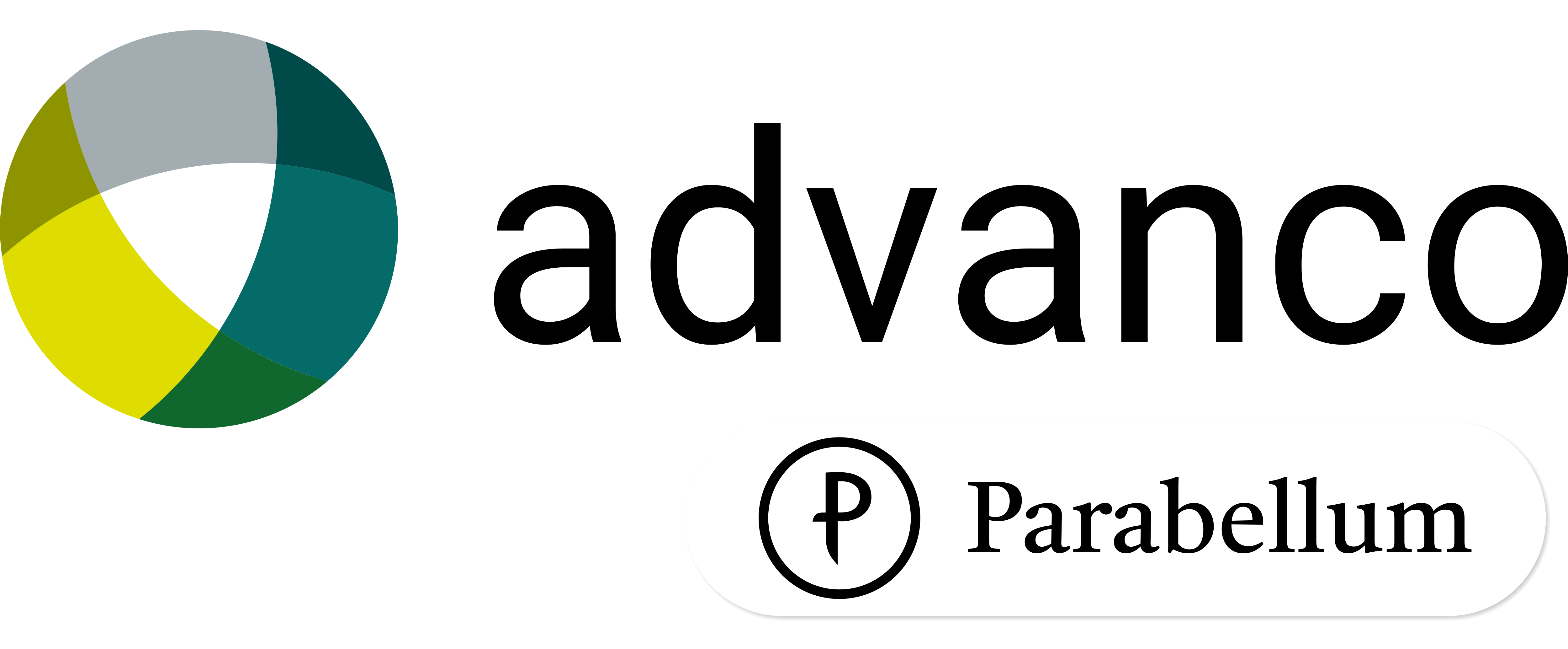How Hybrid and Multi-Cloud Strategies are Encouraging the Pharma Sector to Embrace the Cloud
The latest digital solutions are at the heart of the pharmaceutical sector, especially in today’s Industry 4.0. era of hyper-connectivity and smart machines.

However, not all parts of the pharma sector are equal. In fact, in some respects, pharma has been relatively slow on the uptake when it comes to technological developments.
This is especially evident with the adoption of cloud-based solutions, something which the pharma sector has, until relatively recently, kept at arm’s length. However, the tide is changing, and we are seeing a greater number of pharma firms using the cloud. This shift is largely being driven by the arrival of hybrid and multi-cloud strategies, which are providing an attractive option to manufacturers of all sizes across the globe.
This analysis will examine why cloud systems have historically failed to excite the pharma sector, and why this is now starting to change.
Perceived cloud issues
One of the main historical issues with cloud systems derives from the highly regulated nature of the pharma sector, with agencies like the USA’s FDA, Europe’s EMA and others enforcing stringent standards for data integrity, security, and privacy. Cloud providers must comply with these regulations, which often involves complex validation processes.
Moreover, pharmaceuticals deal with highly sensitive data, including patient information, clinical trial results, and proprietary research. Ensuring this data is secure and complies with regulations like GDPR (General Data Protection Regulation) in Europe or HIPAA (Health Insurance Portability and Accountability Act) in the U.S. adds layers of complexity.
Legacy systems have also caused issues, with many pharmaceutical companies still reliant on antiquated systems that were custom-built to meet specific regulatory requirements. Transitioning these systems to the cloud can be challenging and costly, requiring significant revalidation efforts. Furthermore, existing on-premises systems may not easily integrate with cloud-based solutions, creating additional technical and logistical hurdles.
We cannot ignore cost factors, either. Transitioning to the cloud often requires significant upfront investment, not just in technology but also in training and change management. This can be a deterrent, especially for companies that have already invested heavily in on-premises infrastructure.
The cloud tide is turning
While the cloud adoption has been slow by the pharma sector, this is gradually changing, for a variety of reasons.
One of the main examples is the arrival of hybrid and multi cloud solutions. A hybrid cloud solution combines on-premises infrastructure, or a private cloud, with public cloud services. This approach allows pharmaceutical companies to keep certain sensitive data and critical workloads within a private environment while taking advantage of the scalability and cost-effectiveness of public clouds for other tasks.
Multi-cloud solutions involve using multiple cloud service providers to host different applications or data. This enables pharmaceutical companies to avoid vendor lock-in, optimize costs, and increase reliability by distributing workloads across different platforms.
The introduction of both approaches provides a solution for pharmaceutical manufacturers of all sizes, from the largest, technological-savvy firms already reliant on the cloud, to smaller firms who still use on-premises systems and hardware.
An important factor is the enhanced cloud security measures which have been implemented, with cloud providers increasingly offering end-to-end encryption for data at rest and in transit. This ensures that even if data is intercepted, it remains unreadable without the proper decryption keys.
Similarly, the adoption of Zero Trust principles, where no user or device is trusted by default, even if they are within the network perimeter, has done much to assuage pharma firms. Likewise, the fact that Secure Access Service Edge (SASE) frameworks are being implemented to combine network security functions with wide-area network (WAN) capabilities to securely connect users and systems, regardless of their location, is putting many minds at rest.
Regulatory compliance is also vital for pharma firms considering the benefits of moving to cloud systems. Cloud providers are increasingly offering tools and services that automate compliance with industry-specific regulations like HIPAA, GDPR, and FDA 21 CFR Part 11. These tools can automatically apply the necessary controls, generate compliance reports, and track regulatory changes.
Cloud platforms also now offer more robust audit trails, which are essential for demonstrating compliance. These tools track all changes to data and access, making it easier to meet regulatory requirements during audits. Furthermore, some cloud providers offer environments pre-configured to meet specific regulatory standards. These environments come with built-in controls and certifications, reducing the compliance burden on pharmaceutical companies.
We are also seeing improved vendor transparency and certifications. Cloud providers are increasingly undergoing rigorous third-party audits and obtaining certifications such as ISO 27001, SOC 2, and HITRUST. These certifications provide assurance that the provider’s security practices meet high standards. Add to this the benefits derived from clearer definitions of shared responsibility models which help pharmaceutical companies understand their security obligations versus those of the cloud provider, reducing the risk of compliance gaps.
As a result of these changes, cloud solutions are now being seen as a very real option by pharma firms across the world. Let us now look at the specifics of how a hybrid, or multi-cloud approach can be of benefit to pharma manufacturers.
The benefits of hybrid or multi-cloud platforms
Using a hybrid or multi-cloud platform for pharmaceutical serialization and track-and-trace offers numerous advantages.
- Improved Interoperability: Hybrid and multi-cloud environments are designed to be more interoperable, allowing seamless integration between cloud services and on-premises systems, which is crucial for maintaining operational consistency and regulatory compliance.
- Optimized Workloads: Multi-cloud strategies allow pharma companies to optimize workloads by choosing the best provider for each specific task, whether it’s for R&D, data analytics, or supply chain management, based on cost, performance, or specific compliance capabilities.
- Compliance Flexibility: Hybrid models enable companies to comply with various regulatory requirements by keeping certain data within specific jurisdictions or under stricter control while benefiting from the cloud’s scalability and innovation for other parts of their operations.
- Flexibility and Control: Hybrid and multi-cloud strategies provide pharmaceutical companies with the flexibility to innovate and scale operations while maintaining strict control over sensitive data and critical applications.
- Regulatory Compliance: These models enable better alignment with global regulatory requirements by offering the ability to choose where and how data is stored and processed.
- Risk Management: By diversifying across multiple clouds and maintaining key workloads on-premises, pharma companies can better manage risks related to data breaches, compliance issues, and service disruptions.
Conclusion
The cloud is gradually proving its worth to the pharma sector.
Thanks to the introduction of hybrid and multi-cloud platforms, manufacturers are increasingly recognizing that the cloud can now offer a flexible, cost-efficient solution that can satisfy the most stringent regulatory and data protection requirements.
As a result, all pharmaceutical vendors need to ensure they are investing in their cloud solutions, whether this is wholly cloud-based, or a hybrid or multi-cloud solution.
Advanco’s ARC platform is designed to offer a highly modular, hybrid, serialization and track and trace solution which can be installed in the cloud – but also on a client’s premises. It is based on connectivity and functionality, has compliance and security at its very core and is always compliant with all regulatory global standards and mandates.
The cloud is here to stay. To learn more, visit www.advanco.com.
VIEW THE ORIGINAL ARTICLE HERE



